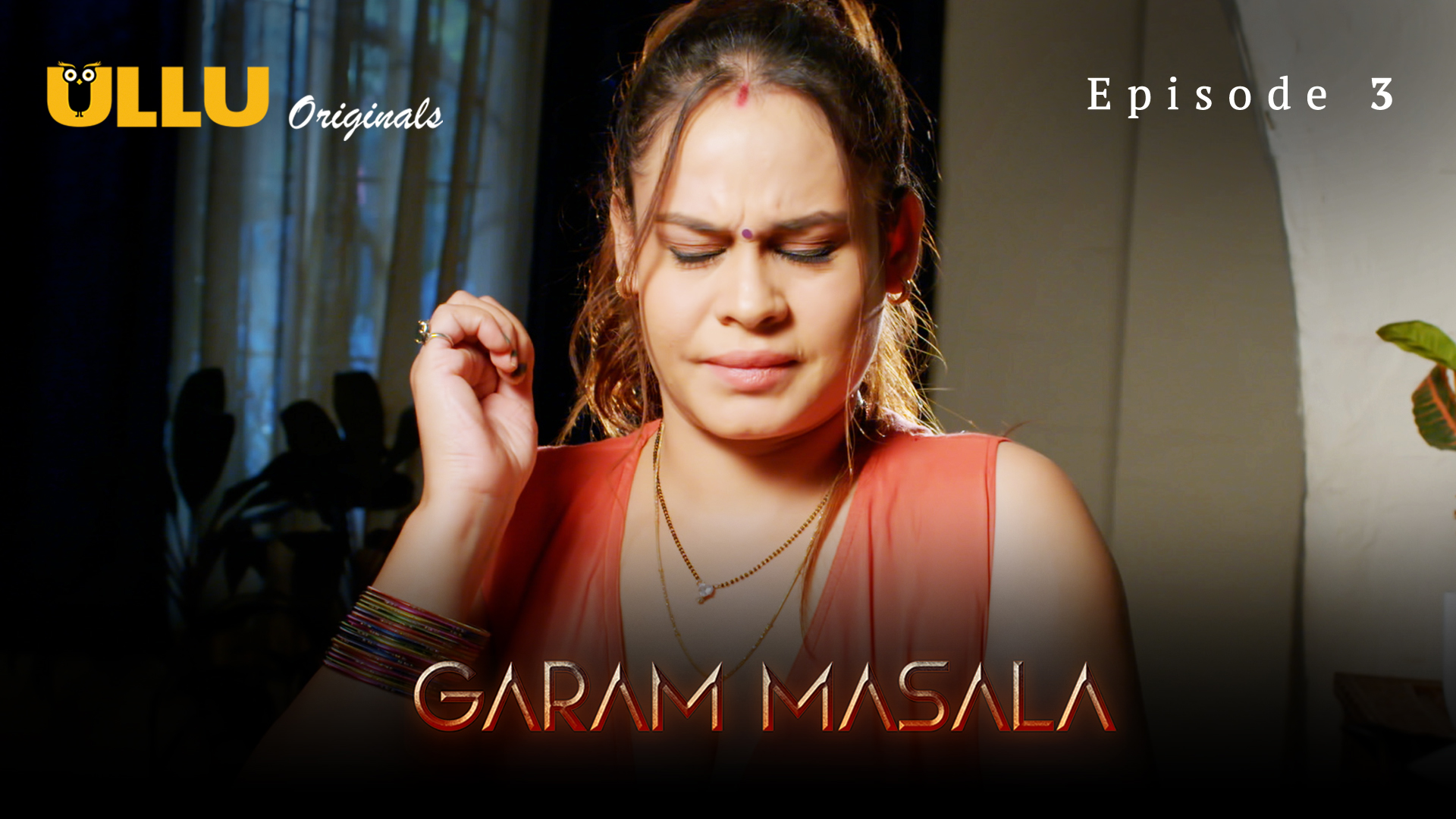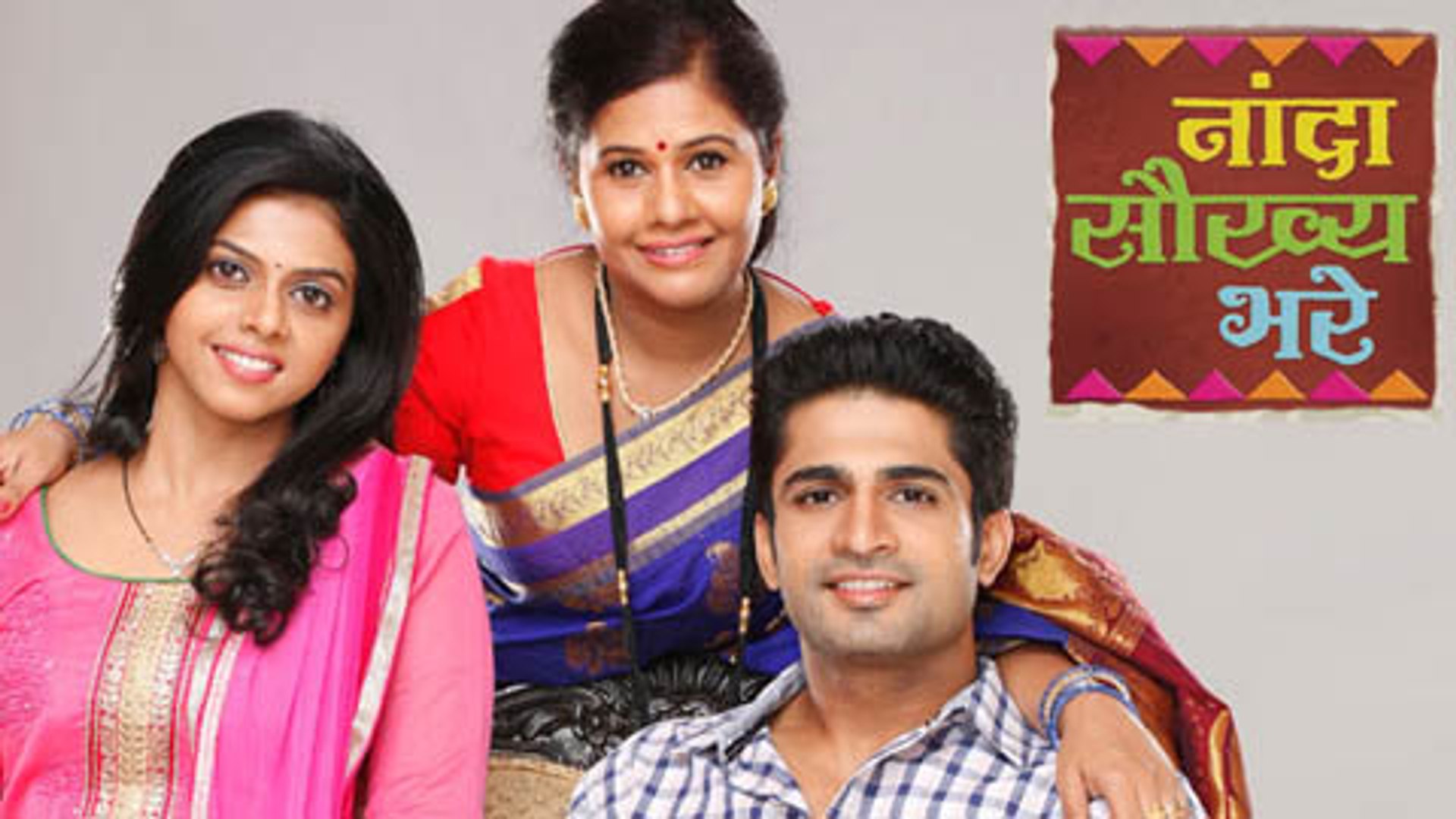Have you ever heard of Aagamaal? It’s one of those terms that might seem foreign at first, but trust me, it’s worth diving into. Aagamaal isn’t just a random word—it’s a concept steeped in history, culture, and tradition. If you’re curious about what it really means and why it matters, you’ve come to the right place. This article will take you on a journey through its origins, significance, and modern-day relevance.
Aagamaal has been around for centuries, yet many people still don’t fully understand it. In simple terms, it refers to a spiritual or cultural practice that holds deep meaning for communities across the globe. Whether you’re looking to expand your knowledge or simply satisfy your curiosity, this article is here to help.
Before we dive deeper, let’s set the stage. This isn’t just another article—it’s your guide to understanding Aagamaal like never before. We’ll explore its roots, uncover its hidden meanings, and even touch on how it impacts modern life. So buckle up, because we’re about to embark on an adventure!
What Exactly is Aagamaal?
Now, let’s get down to business. Aagamaal is more than just a word; it’s a concept that encompasses spiritual, cultural, and philosophical ideas. It’s like the glue that holds certain traditions together. Think of it as the backbone of a community’s belief system.
In many cultures, Aagamaal is seen as a way to connect with the divine. It’s not about religion in the traditional sense—it’s more about the rituals, practices, and values that shape a person’s worldview. Some might even call it a lifestyle.
The Historical Roots of Aagamaal
Let’s rewind the clock for a moment. Aagamaal has its roots in ancient civilizations where spirituality was intertwined with daily life. Back in the day, people didn’t separate their beliefs from their actions. It was all part of the same fabric.
For example, in certain regions, Aagamaal was used to describe the rituals performed during harvest festivals. These weren’t just random ceremonies—they were deeply symbolic acts meant to honor the earth and its bounty. And guess what? Those traditions are still alive today in some form or another.
The Cultural Significance of Aagamaal
Fast forward to the present, and Aagamaal continues to play a vital role in many cultures. It’s not just about preserving the past—it’s about adapting those traditions to fit modern life. In a world that’s constantly changing, Aagamaal provides a sense of stability and continuity.
Take a look at how different communities celebrate their heritage. Whether it’s through music, dance, or art, Aagamaal is often at the heart of these expressions. It’s like the invisible thread that ties everything together.
How Aagamaal Shapes Identity
Ever wondered why some people feel so strongly connected to their cultural roots? Aagamaal might just be the answer. It’s not just about following traditions—it’s about understanding who you are and where you come from.
For instance, in certain communities, Aagamaal is passed down from generation to generation through storytelling. These stories aren’t just entertaining—they’re lessons in values, ethics, and morality. They help shape the identity of individuals and communities alike.
Modern-Day Relevance of Aagamaal
Now, let’s talk about the elephant in the room. In today’s fast-paced world, does Aagamaal still matter? The answer is a resounding yes. In fact, it might be more relevant now than ever before.
With globalization and technology taking over, many people feel disconnected from their roots. Aagamaal offers a way to reconnect with the past while embracing the present. It’s like finding balance in a chaotic world.
Adapting Aagamaal to Modern Life
So, how do you incorporate Aagamaal into your daily routine? It’s simpler than you think. Start by exploring the traditions that resonate with you. Maybe it’s through meditation, prayer, or even volunteering in your community.
Remember, Aagamaal isn’t about rigid rules—it’s about finding meaning in everyday life. Whether you’re sipping coffee in the morning or taking a walk in the park, there’s always an opportunity to connect with something greater.
The Science Behind Aagamaal
Okay, let’s get nerdy for a moment. There’s actually some science behind Aagamaal. Studies have shown that participating in cultural and spiritual practices can have a positive impact on mental health. Who knew, right?
For example, mindfulness practices often associated with Aagamaal have been linked to reduced stress and increased happiness. It’s like giving your brain a little vacation without leaving the house.
Statistical Insights
Here’s a fun fact: According to a survey conducted by the World Cultural Organization, over 70% of people who engage in Aagamaal-related activities report feeling more fulfilled in life. That’s pretty impressive if you ask me.
Another study found that communities that actively practice Aagamaal tend to have stronger social bonds. It’s like having a built-in support system that helps you navigate life’s challenges.
Challenges Facing Aagamaal Today
Of course, nothing is perfect, and Aagamaal is no exception. Like any tradition, it faces its fair share of challenges in the modern world. One of the biggest hurdles is keeping it relevant for younger generations.
Many young people today are more focused on social media and technology than on preserving cultural traditions. It’s a delicate balance between embracing the new while holding onto the old.
Overcoming Obstacles
So, how do we overcome these challenges? Education is key. By teaching young people about the importance of Aagamaal, we can inspire them to carry the torch. It’s all about making it relatable and accessible.
For instance, incorporating Aagamaal into school curriculums or hosting cultural events can go a long way in keeping the tradition alive. It’s about creating experiences that resonate with people on a personal level.
How to Embrace Aagamaal in Your Life
Ready to take the plunge? Embracing Aagamaal doesn’t have to be complicated. Start small by exploring the traditions that interest you. Maybe it’s learning a new dance or trying out a traditional recipe.
Here are a few ideas to get you started:
- Attend cultural festivals in your area.
- Join a local community group focused on Aagamaal.
- Read books or watch documentaries about its history.
- Practice mindfulness or meditation as part of your daily routine.
Tips for Beginners
If you’re new to Aagamaal, don’t feel overwhelmed. Start by setting small goals and gradually build from there. It’s all about finding what works for you and sticking with it.
Remember, there’s no right or wrong way to embrace Aagamaal. It’s about personal growth and self-discovery. So, take your time and enjoy the journey.
Conclusion: The Power of Aagamaal
As we wrap up this deep dive into Aagamaal, let’s reflect on what we’ve learned. Aagamaal isn’t just a concept—it’s a way of life. It connects us to our past, grounds us in the present, and gives us hope for the future.
Whether you’re looking to deepen your understanding of cultural traditions or simply find meaning in everyday life, Aagamaal has something to offer. So, why not give it a try? Who knows, it might just change your perspective on the world.
Before you go, don’t forget to share this article with your friends and family. The more people who understand Aagamaal, the stronger our communities become. And if you have any questions or thoughts, drop them in the comments below. Let’s keep the conversation going!
Table of Contents

